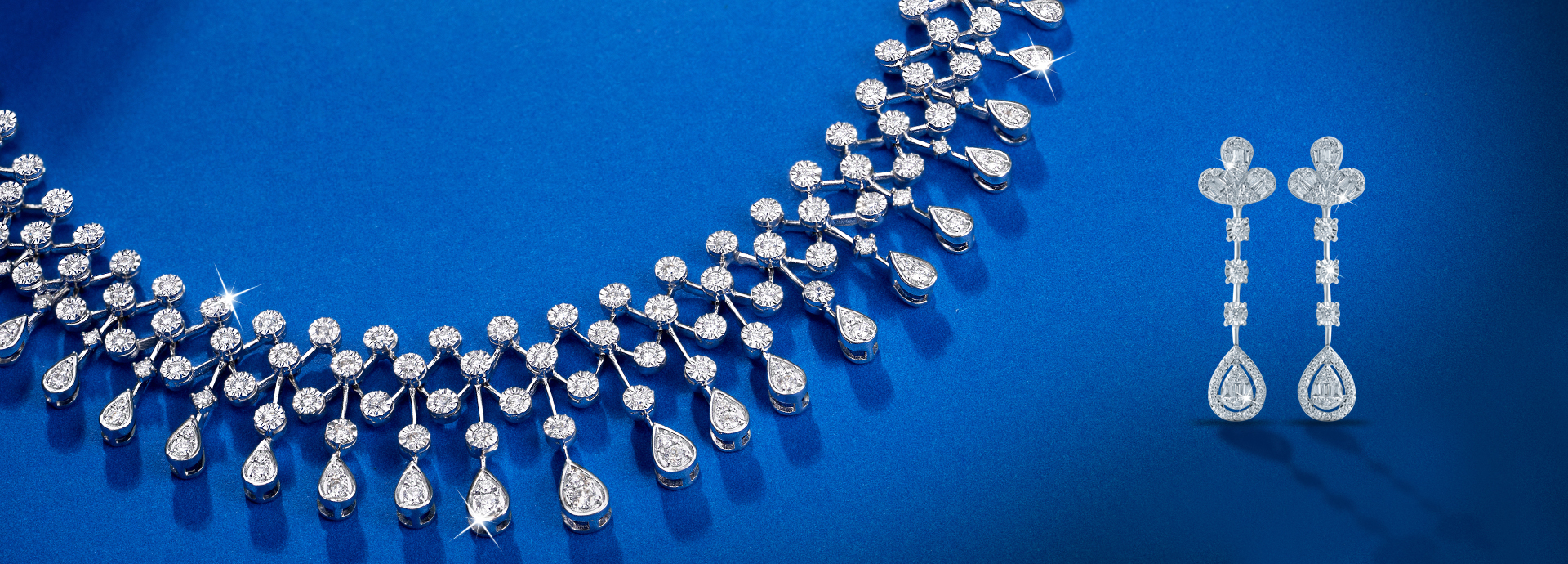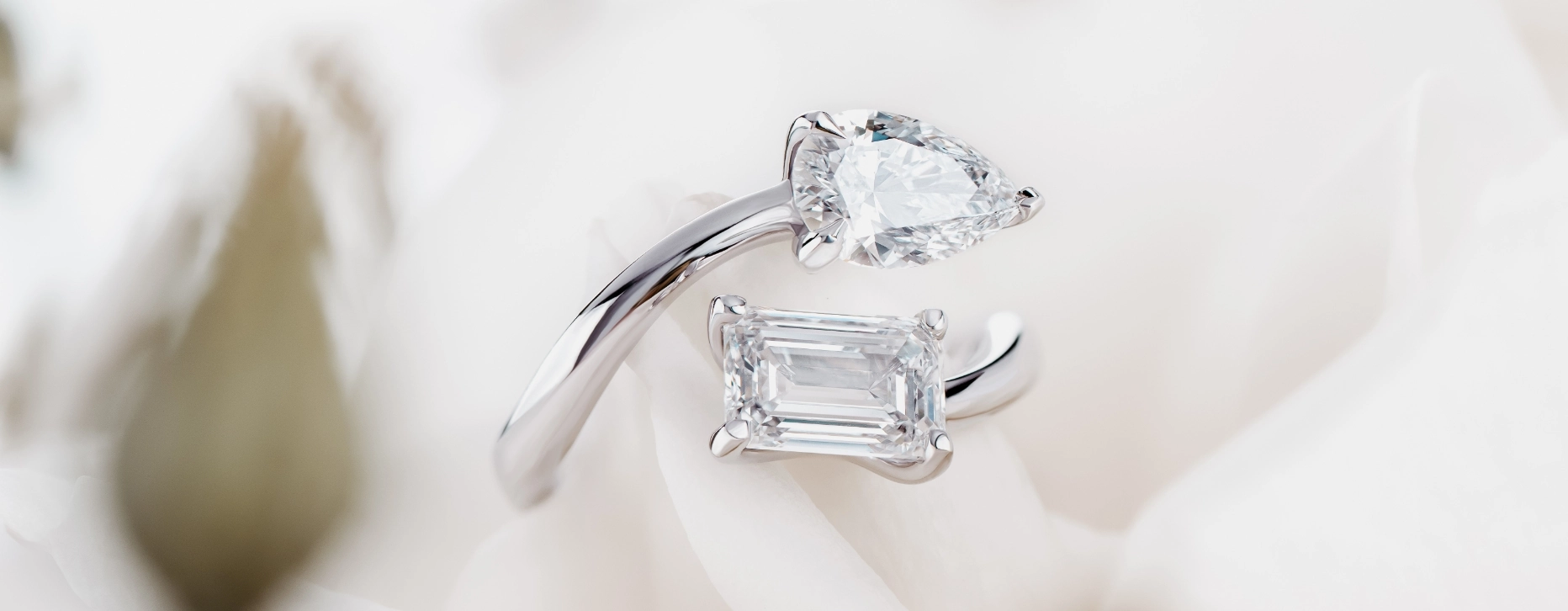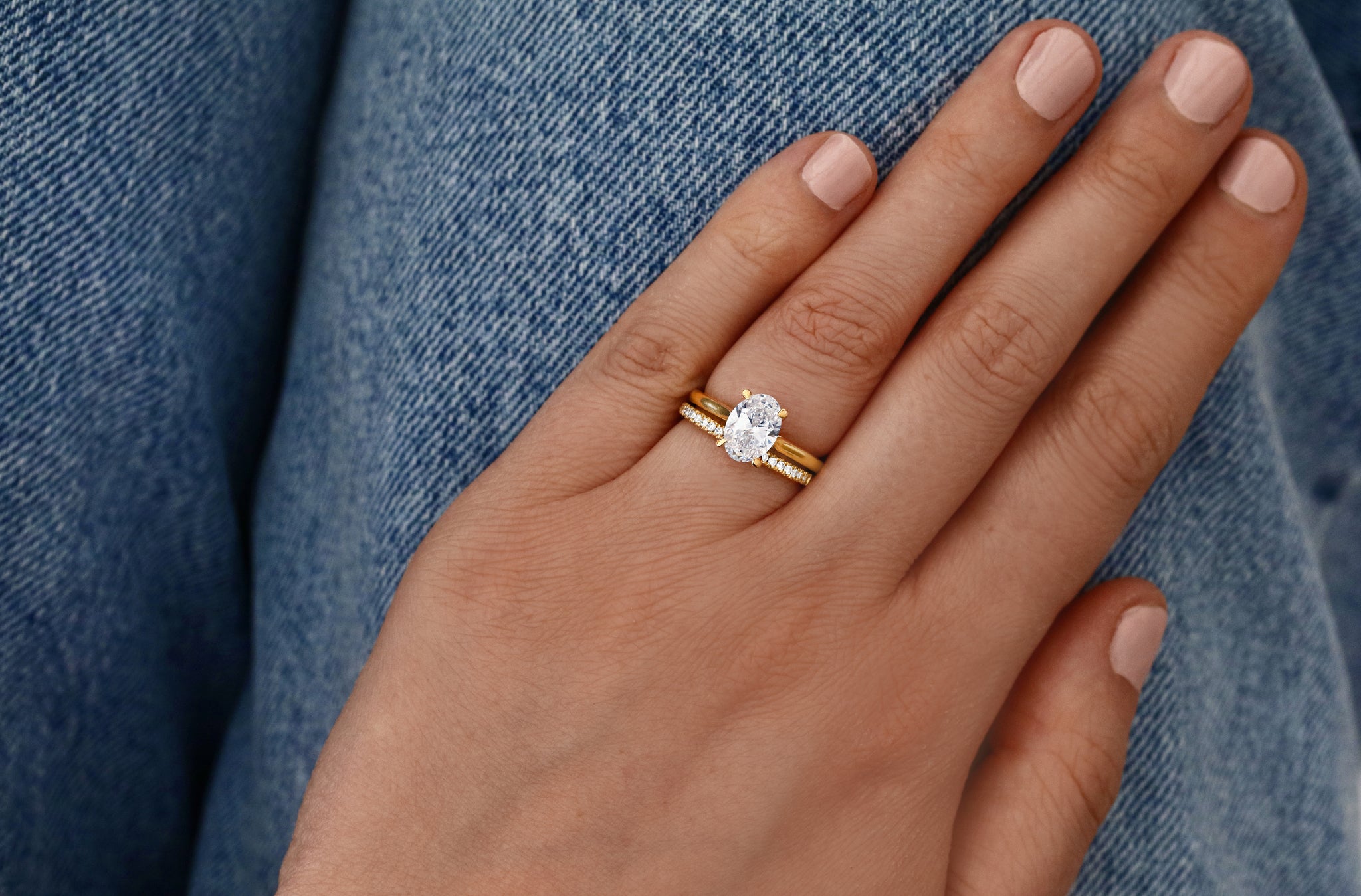The jewellery industry is evolving rapidly, with consumers becoming more aware of the ethical and environmental impact of their purchases. As a result, many are turning away from blood diamonds and embracing more sustainable alternatives like lab-grown diamonds and recycled gold. Brands like Novita, a women-owned and led company, are paving the way for ethical luxury, ensuring that beauty and responsibility go hand in hand.
The Dark Side of Blood Diamonds
Blood diamonds, also known as conflict diamonds, are mined in war zones and sold to finance armed conflicts. These diamonds often come from regions where human rights violations, forced labor, and child exploitation are rampant. While the Kimberley Process was established to prevent the sale of conflict diamonds, many still slip through the cracks, making it difficult for consumers to be sure their diamonds are ethically sourced.
The Rise of Lab-Grown Diamonds
To combat the ethical issues surrounding mined diamonds, the jewellery industry has embraced lab-grown diamonds, also known as:
-
Lab-created diamonds
-
Lab-made diamonds
-
Man-made diamonds
These diamonds are created in laboratories using advanced technology that replicates the natural diamond-growing process. They are chemically, physically, and optically identical to mined diamonds but come without the ethical concerns and environmental damage. Lab diamonds are also more affordable, making luxury accessible to more consumers.
The Importance of Diamond Cut Grading
Whether a diamond is natural or lab-grown, its brilliance and beauty depend on diamond cut grading. The cut determines how well a diamond reflects light, enhancing its sparkle. The grading scale ranges from Excellent to Poor, with well-cut diamonds maximizing brilliance. Consumers looking for high-quality diamonds should prioritize cut over carat weight or color to ensure the most dazzling appearance.
Pink Diamonds: A Rare and Beautiful Choice
Among the most coveted gemstones in the world are pink diamonds. These diamonds are rare and incredibly valuable, with most of the world’s supply previously coming from Australia’s Argyle Mine, which has now closed. The rarity of natural pink diamonds has driven up their price, but lab-grown pink diamonds offer an ethical and affordable alternative for those who love their unique color.
The Role of Recycled Gold in Sustainable Jewellery
Sustainability in jewellery doesn’t stop at diamonds. Recycled gold is becoming a key component in ethical jewellery production. Instead of mining new gold, jewellers are melting down and refining existing gold from old jewellery, electronics, and other sources. This practice helps to:
-
Reduce the environmental impact of gold mining.
-
Lower carbon emissions and water usage.
-
Support a circular economy by reusing existing materials.
Many ethical brands, including Novita, incorporate recycled gold into their collections, ensuring that consumers can enjoy luxury jewellery without contributing to environmental harm.
Novita: A Women-Owned and Led Ethical Jewellery Brand
Novita is redefining luxury with its commitment to sustainability. As a women-owned and led brand, Novita prioritizes ethical sourcing, crafting stunning jewellery using lab-created diamonds and recycled gold. The brand proves that high-quality jewellery can be both beautiful and responsible, giving consumers an option that aligns with their values.
The Future of Ethical Jewellery
With increasing awareness about ethical sourcing and environmental sustainability, the demand for lab-grown diamonds and recycled gold continues to grow. Brands like Novita are leading the way, offering consumers jewellery that is as responsible as it is stunning.
As technology advances and more brands commit to sustainability, the future of fine jewellery looks brighter than ever. Consumers no longer have to choose between beauty and ethics—they can have both.





